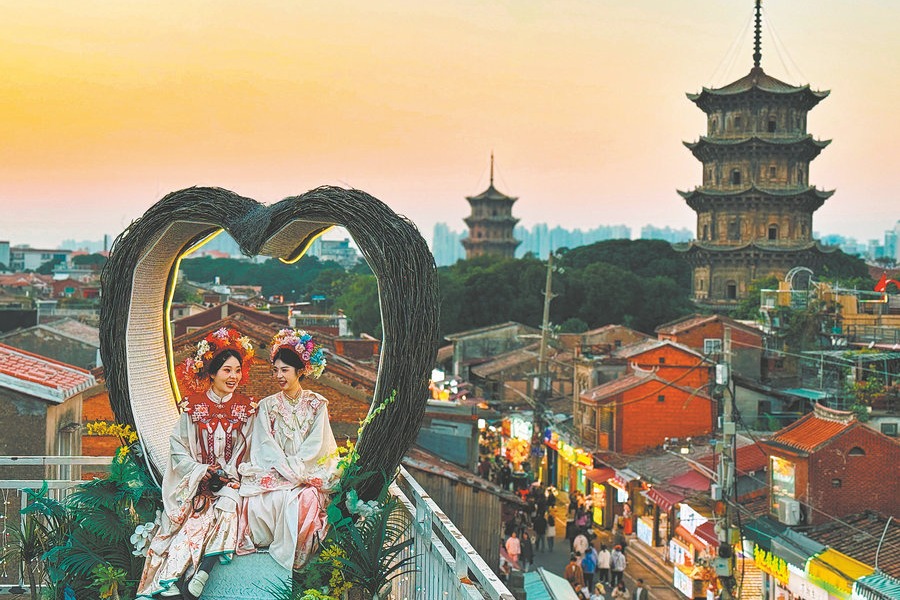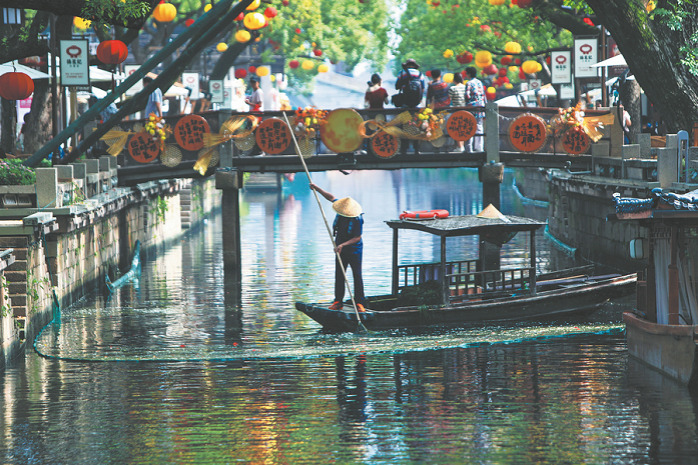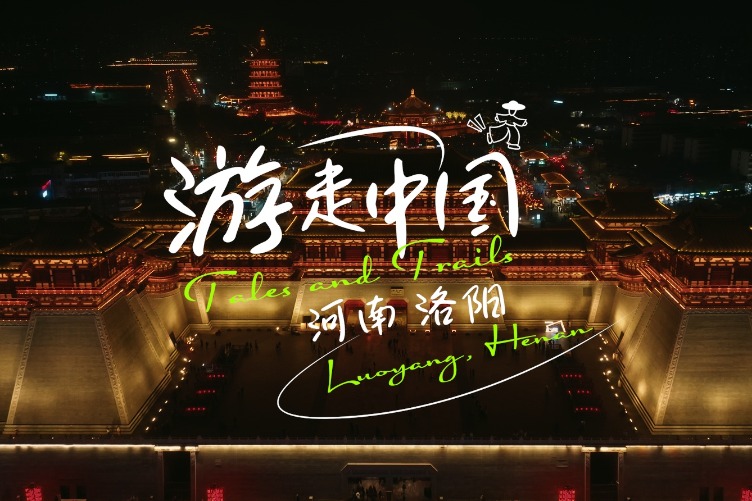China Travel Guide: Yunnan

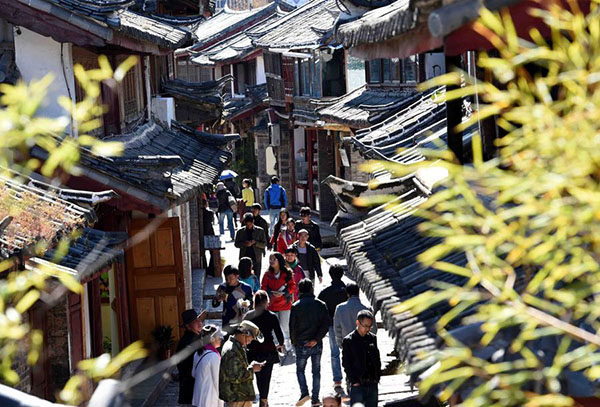
Southwest China's Yunnan province is a popular destination known for its temperate weather, magnificent natural scenery and vibrant folk customs. Home to dozens of ethnic groups, Yunnan offers a unique blend of cultures, arts and cuisines.
Lijiang Ancient Town
The Lijiang Ancient Town has been a commercial, political and cultural center of the Naxi people and other ethnic groups for over eight centuries.
As a UNESCO World Heritage Site approved in 1997, Lijiang, with its Naxi people, still preserve much of their native Dongba culture and deep spiritual connection to nature.
Lijiang may spoil you with its beauty. Snow-capped mountain vistas, ancient architecture and streets, canals and waterways, and the Naxi people and their distinct culture combine to make Lijiang leave a lasting cultural value to humankind. The aged wooden buildings decked with hanging red lanterns and local musicians playing their centuries-old Naxi instruments in the time-worn streets, display a lifestyle and culture that seem lost in time.
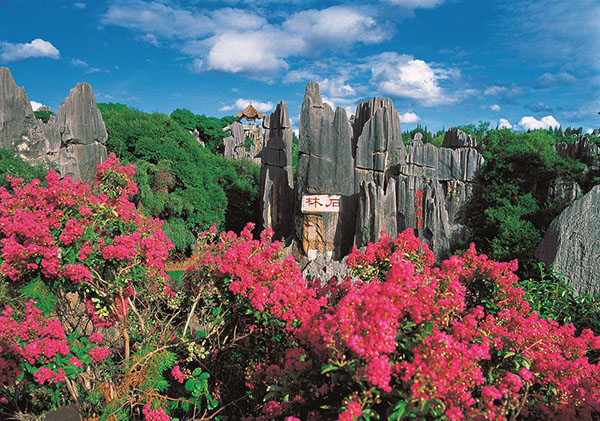
Stone Forest, Kunming
Located in Shilin Yi autonomous county, Kunming, capital of Yunnan province, Stone Forest scenic area is famous for its karst landscape, featuring various types of oddly shaped rocks, and a long complex geological history.
Listed by UNESCO as a World Natural Heritage site, the Stone Forest, or "shilin", is a 350-square-kilometer area near Kunming, overgrown with tree-shaped stones in the form of stalagmites formed 270 million years ago. The site is also known as "Sculpture Museum of Nature".
The site is an 5A-class tourist site, the highest-level rating in China. One of the "wonders of the world", it has the largest number of karst formations in the world.

Honghe Hani Rice Terraces
The cultural heritage site of the Honghe Hani Rice Terraces is located in Yuanyang county in Honghe prefecture, Yunnan province. The terrace covers about 666.67 sq km and has a history of more than 1300 years.
It is the product of a particular way of farming, and reflects a unique tradition and religious point of view.
The cultural landscape of the Honghe Hani Rice Terraces was added to UNESCO's World Heritage List in 2013.


















